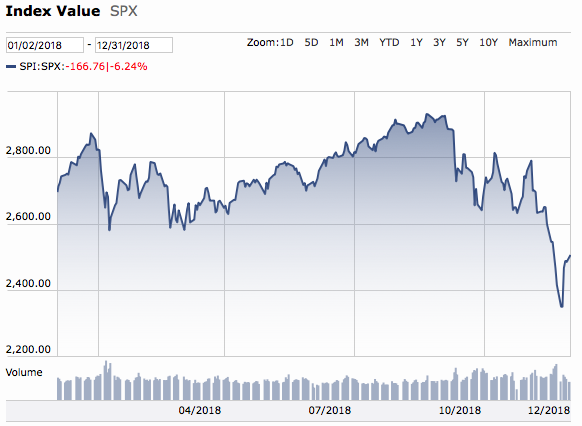5 Unexpected Facts About REIT ETFs that Investors Need to Be Aware of
The world of real estate investment trust (REIT) exchange-traded funds (ETFs) can be a complex and intriguing one, with many investors overlooking key facts that could make a big difference in their investment strategies.
According to Harm Meijer, author of "Real Estate Rules: The Investor’s Guide to Picking Winners and Avoiding Losers in Listed Property," one of the most important pieces of advice he received was "you can’t polish dirt." This lesson applies to those investing in REIT ETFs, where understanding the nuances of the market can make or break your investment.
Here are five surprising facts about REIT ETFs that many investors may not be aware of:
- Historical Outperformance: While REITs have historically outperformed the S&P 500 over the long term, they have faced challenges in recent years due to external factors like the pandemic and rising interest rates. However, specialized sectors like self-storage and data centers have shown more resilience, highlighting the importance of investing in the right assets.
- Tax Efficiency: Investing in REIT ETFs can be more tax-efficient than owning individual REITs or physical real estate. These funds are structured as pass-through entities, avoiding double taxation at the corporate level and distributing most of their income as dividends to shareholders.
- Top-Heavy Structure: Many REIT ETFs are "top-heavy," with a small number of large REITs dominating the portfolio holdings. This means that returns can heavily depend on the performance of these few large companies, emphasizing the need for diversification.
- Smart Beta Strategies: Some REIT ETFs employ smart beta strategies that go beyond traditional market capitalization weighting. These strategies focus on factors like dividend yield, financial health, or growth potential, reducing risk and potentially enhancing performance.
- Coverage of Unexpected Sectors: REIT ETFs cover a wide range of real estate sectors beyond traditional ones like shopping malls and apartment buildings. Investments in data centers, cell tower networks, and healthcare properties have shown significant growth, highlighting the changing landscape of real estate investing.
Overall, REIT ETFs offer a convenient way to invest in real estate without the challenges of direct ownership or dependence on a single REIT. However, as with any investment, thorough research and understanding of the market are crucial for success. As Meijer advises, "You have to do your homework" to make informed investment decisions in the world of REIT ETFs.

:max_bytes(150000):strip_icc()/rentingfirstapartment-8e70e8c6ff85462288d02e6f24d86d8d.jpg?w=150&resize=150,150&ssl=1)

:max_bytes(150000):strip_icc()/GettyImages-118433758-50a1684008bc46ea8e01b1f97c124de4.jpg?w=150&resize=150,150&ssl=1)